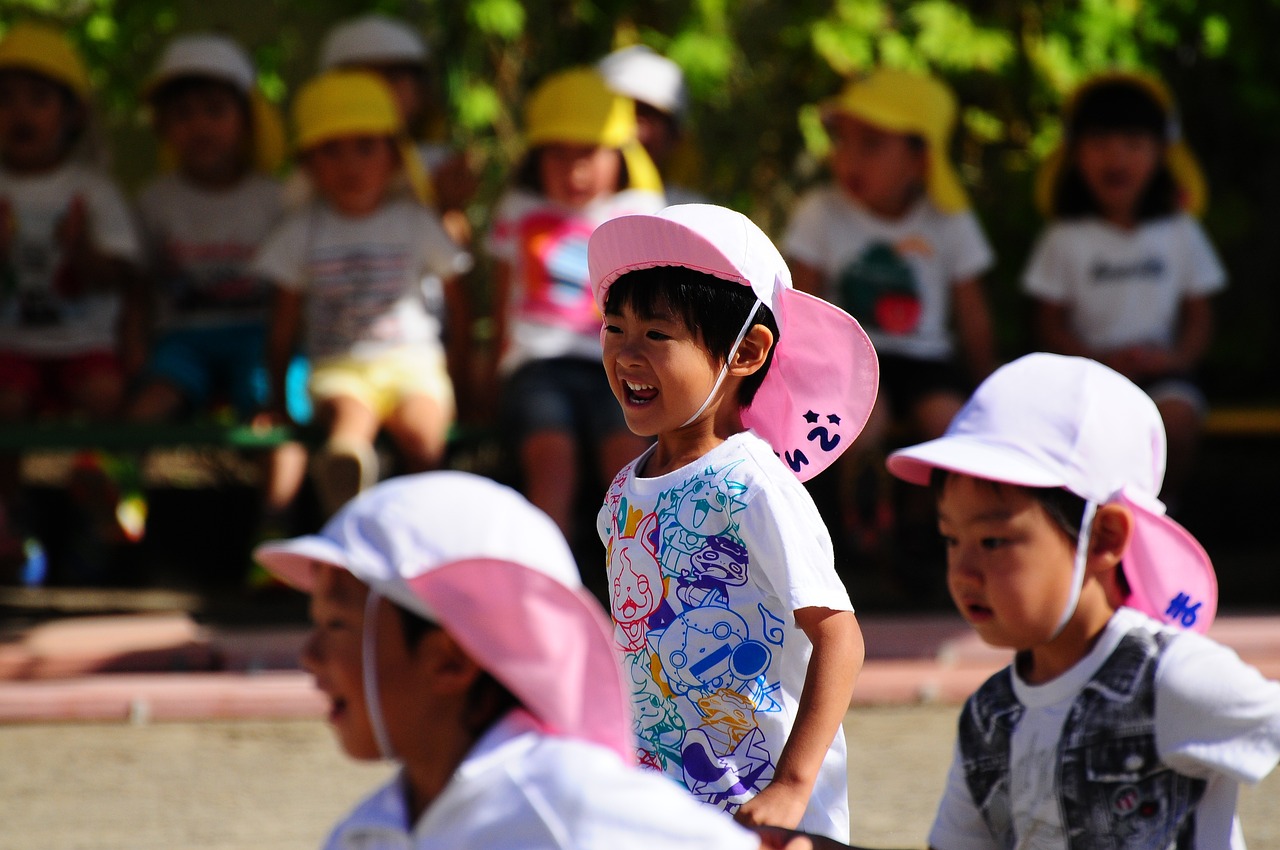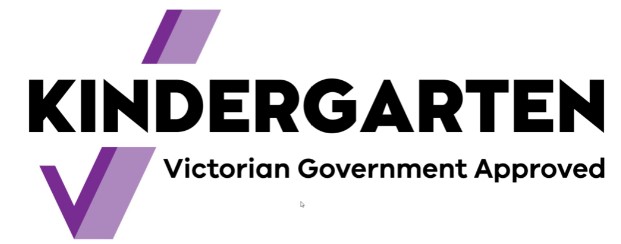Kindergarten Physical Education: The Importance of Play-Based Learning
13 March 2024
Unlock the power of play-based learning in kindergarten physical education. Foster holistic development with Gower Street Kindergarten in Preston. Call us!
Physical education is a vital part of the kindergarten curriculum. But traditional PE approaches that emphasise skill-building and technique can be inappropriate for our littlest learners. That’s why play-based learning has become an increasingly popular way to deliver PE in kindergarten.
Play-based PE aligns with how children naturally learn best at this age. The goal is to develop foundational physical literacy and motor skills through active play. Structured lessons take a backseat to games, movement exploration, and imaginative play. And the kids have a blast while learning! Continue reading to learn how Gower Street Kindergarten in Preston integrates play-based learning into our kindergarten physical education curriculum.
Incorporating Play-Based Learning into Kindergarten Physical Education Curriculum
At Gower Street Kindergarten, we prioritise play-based learning in our physical education curriculum to foster holistic development in young learners. Here’s how we incorporate play-based learning into our program:
• Structured Play Activities: We create fun activities like games and obstacle courses to help kids explore movement and develop skills. They practice running, jumping, and throwing in a supportive setting.
• Themed Play Sessions: We plan themed play sessions based on children’s interests, like “Jungle Adventure” or “Under the Sea.” These sessions foster creativity, imagination, and teamwork as kids embark on exciting journeys and challenges.
• Outdoor Play Exploration: We focus on outdoor play to boost physical activity and connection to nature. Our outdoor spaces promote active play, sensory exploration, and safe risk-taking. Kids can enjoy climbing, sand play, nature walks, and gardening.
How to Implement Play-Based Learning Strategies
Implementing play-based learning strategies effectively requires careful planning and intentional facilitation. Here are three key ways to incorporate play-based learning into early childhood education:
• Create Engaging Environments: Create stimulating environments with diverse materials and toys. Arrange spaces to encourage movement and collaboration, fostering exploration and interaction for children.
• Facilitate Child-Led Play Experiences: Promote child-led play, giving kids the freedom to choose activities and learn independently. Offer open-ended play opportunities for exploration and problem-solving. Provide guidance, but let children lead.
• Provide Scaffolding and Support: Provide support to enhance children’s play and skill development. Use open-ended questions to boost critical thinking. Encourage collaboration for communication skills. Tailor support to each child’s needs.
By creating engaging environments, facilitating child-led play experiences, and providing scaffolding and support, educators can effectively implement play-based learning strategies that promote holistic development and lifelong learning in young children.
Overcoming Challenges and Barriers in Kindergarten Physical Education
Despite the proven benefits of play-based learning, challenges may arise in its implementation. At Gower Street Kindergarten, educators address concerns about academic rigour by highlighting the cognitive, social, and emotional benefits of play. Professional development opportunities equip educators with the skills and knowledge to effectively integrate play-based approaches into the curriculum. Through advocacy efforts, Gower Street Kindergarten collaborates with stakeholders and policymakers to promote the importance of play-based learning in early childhood education.
If you’re looking for play-based physical education for your child in Melbourne’s northern suburbs, look no further than Gower Street Kindergarten. Our purpose-built home in Preston encourages active play and learning. Enquire today about our early learning programme.

